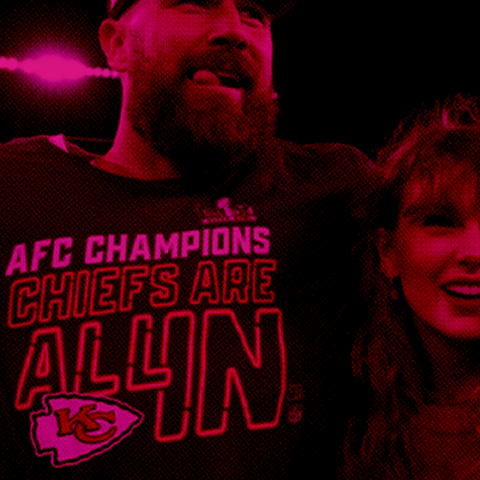

Ad Agencies and March Madness-4 things leaders can learn from college sports.
Teamwork and chemistry are just as important as they are on the playing field
Record-setting attendance during the 2024 Women’s NCAA Basketball Tournament—the LSU-Iowa April 1 matchup was ESPN’s most-watched women’s basketball game on record—is just another example of the surging popularity of women’s sports. Adding to the frenzy is icon-in-the-making Caitlin Clark, the Iowa guard who is the NCAA’s college basketball all-time scorer, and who has packed arenas nationwide.
This level of public interest and support for women in sports hasn’t always been the reality. When I was growing up outside Philadelphia, participation was on the rise but there were still few youth girls’ sports teams—and there was little tolerance for girls playing on boys’ teams.
To get a fair shot at playing sports at a competitive level, I had to cultivate a resilient mindset, which helped me on the lacrosse field at Princeton, and later, in a leadership role in advertising.
When I was recruited and joined the lacrosse team it was on a pedestal, having just won the national championship. The following year we experienced the flip side. Expectations were low, to say the least. With a “nothing special” label attached to the team, we embraced the underdog mentality and the chip-on-our-shoulder attitude that comes with it, constantly striving to exceed expectations. Much to everyone’s surprise, we won a second national championship.
My time as a college athlete gave me the skills and outlook to succeed at an ad agency, where good teamwork and chemistry are just as important as they are on the playing field. It’s worth remembering what sports can teach leaders, in advertising and elsewhere, including these four important lessons:
Lead by example
Leaders keep a positive, open-minded outlook as they pursue a goal. Their actions clear a path for others to believe in and work toward a shared mission. Leaders must demonstrate the best type of behavior—where efforts are focused on the broader team rather than just their own stats.
The team always comes first
A leader’s ability to leap into play, when necessary, earns them loyalty from the team. By putting in the hard work, a leader or a coach can gain new perspectives.
Nurture team members’ strengths
Like players, employees have different talents that need to be recognized and encouraged. A great leader helps harness an individual’s strengths and finds what intrinsically motivates them to build a stronger, more cohesive and winning team.
Play to win
My college coach taught us to treat every game as if it was the Final Four: Win or go home. She instilled a strong competitive ethos in us and held us to the highest standards, both on and off the field. Following her lead, we always played to win. We won with grace and lost with dignity. But above all, we always gave 110%, whether it was early morning weight training sessions, off-season practices, regular season games or playing for the national championship.
Agency leaders need to embrace an athlete’s mindset and take each challenge head-on, never viewing any battle as being won. And clients must realize it isn’t a one-time fight, but rather an ongoing endeavor to persevere and keep pushing even after achieving success.

































